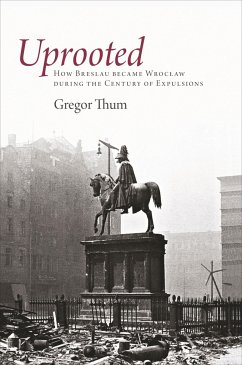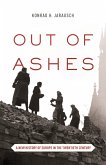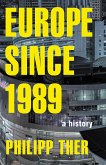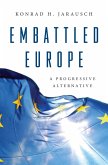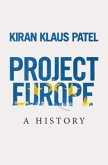"This is a terrific book. The voices of Poles and Germans from the past come alive, as Thum purposefully and carefully makes use of memoirs, diaries, and archival sources to reconstruct the fascinating early postwar history of Breslau/Wroclaw."--Norman M. Naimark, author of Stalin's Genocides"The story that Thum tells is . . . uniquely compelling. . . . This book must be counted among the most successful efforts to illuminate the epic demographic revolution that occurred east of the Oder-Neisse after 1945, and most historians of this process will want to consult it."--Richard Blanke, Slavic Review"This excellent work of urban history tells the story of how German Breslau was turned into Polish Wroclaw. Thum shows the difficulties of the new inhabitants to accept the city--which had been ethnically cleansed of its German population--as their home city and the place with which they could identify."--Philipp Ther, coeditor of Redrawing Nations: Ethnic Cleansing in East-Central Europe, 1944-1948"Thum'' study deliberately renounces pathos and accusations, renounces open or covert manipulation of the reader--without losing sight of human suffering. . . . It puts emphasis on the structures of 'memory politics,' throws light on the long-term impact of the construction of political myths, and elucidates the working methods of 'engineers of cultural memory,' who of course haven't only existed in Breslau past and present."--Wolfgang Thierse, Kulturjournal
Hinweis: Dieser Artikel kann nur an eine deutsche Lieferadresse ausgeliefert werden.
Hinweis: Dieser Artikel kann nur an eine deutsche Lieferadresse ausgeliefert werden.

